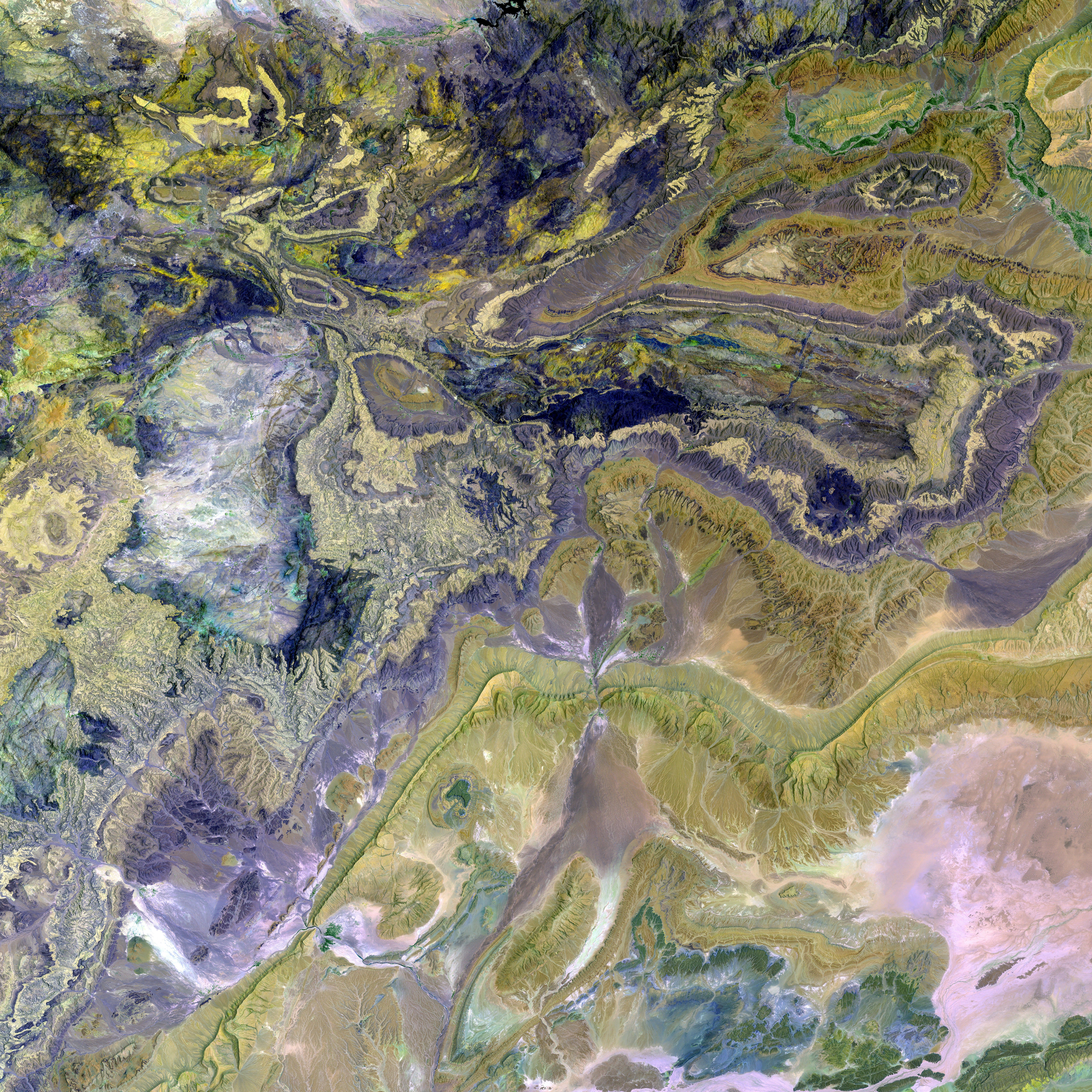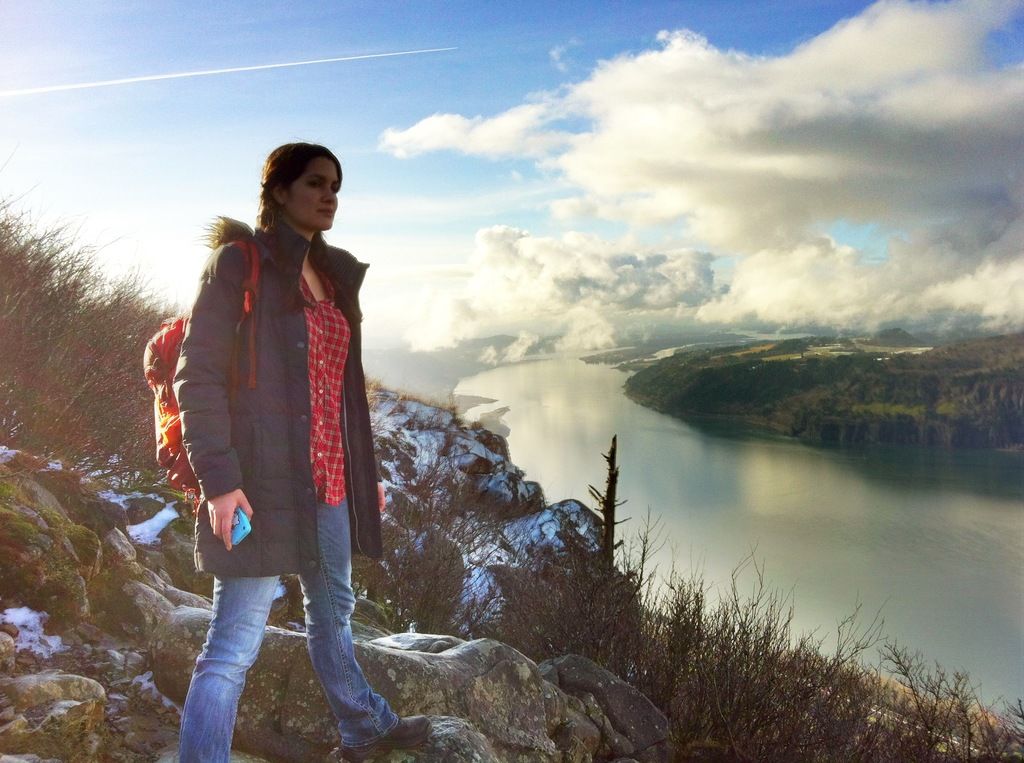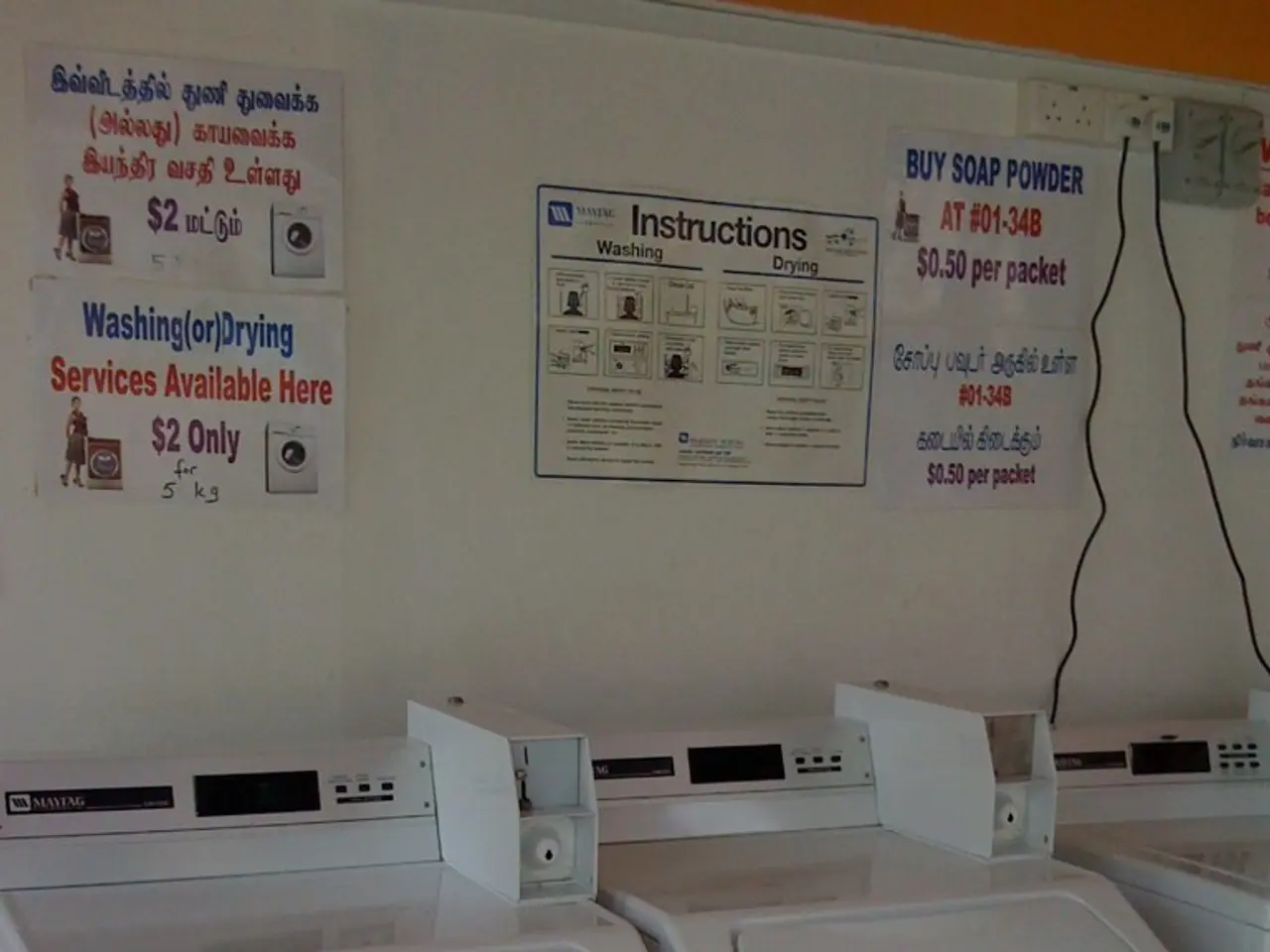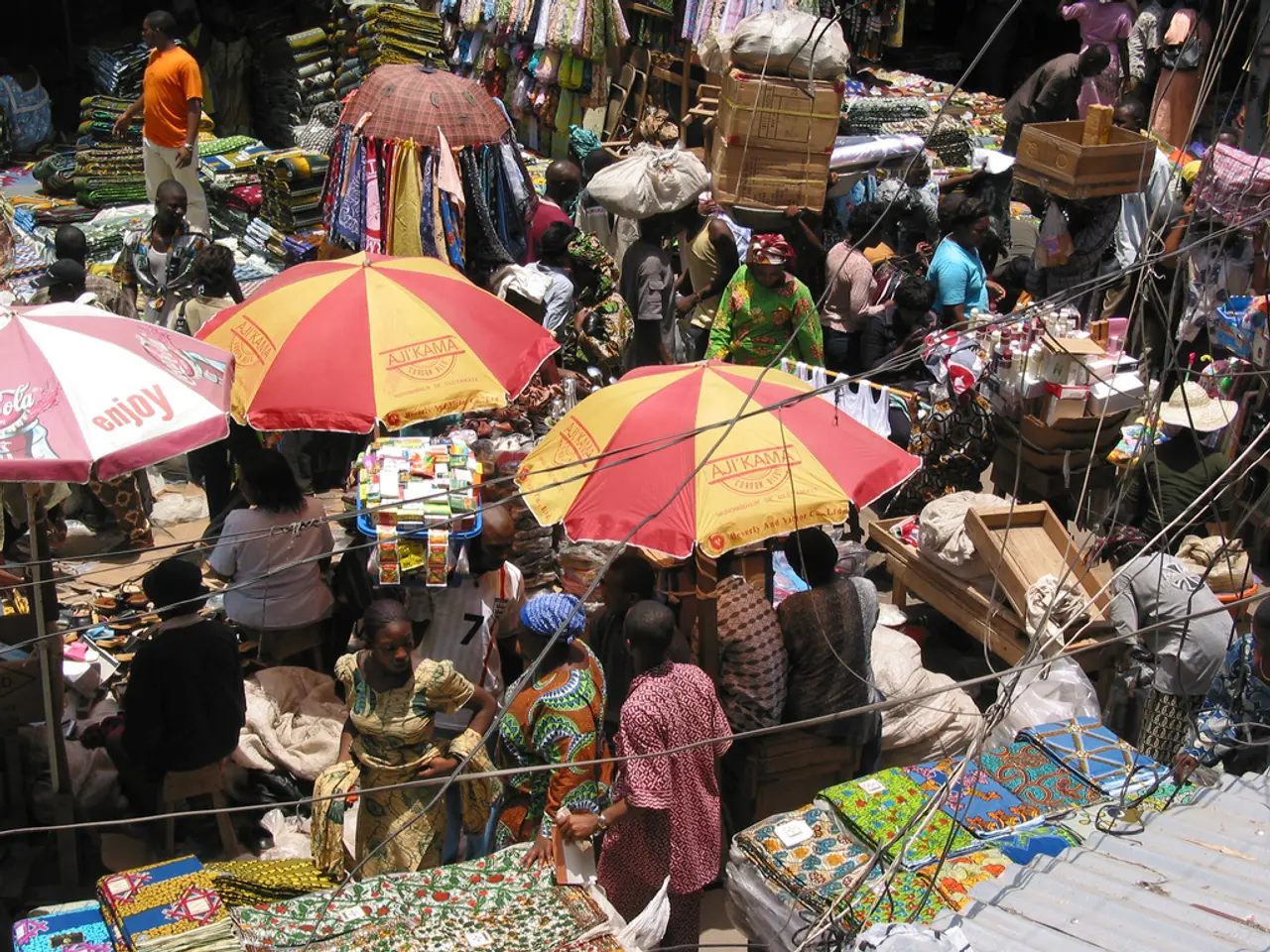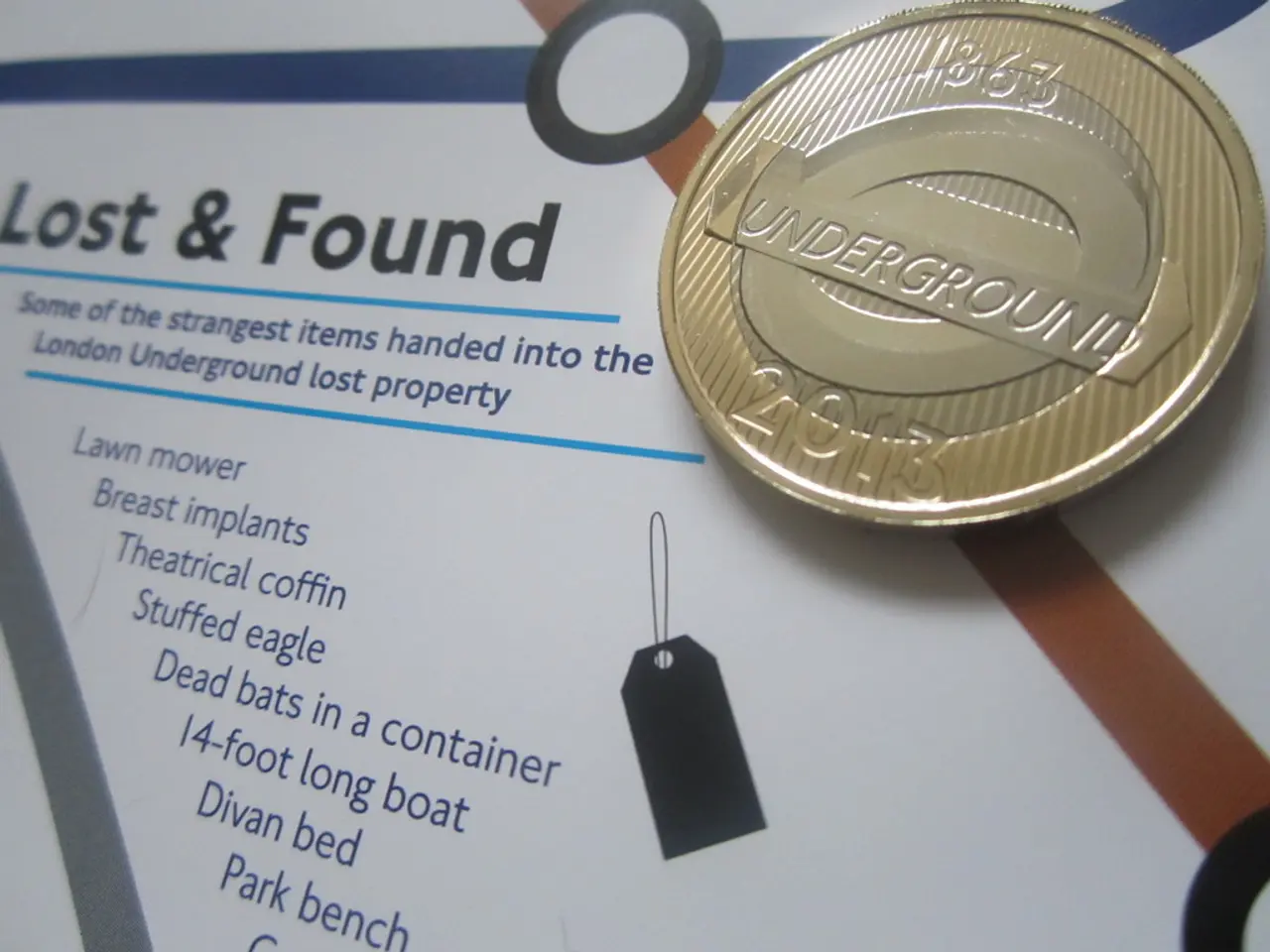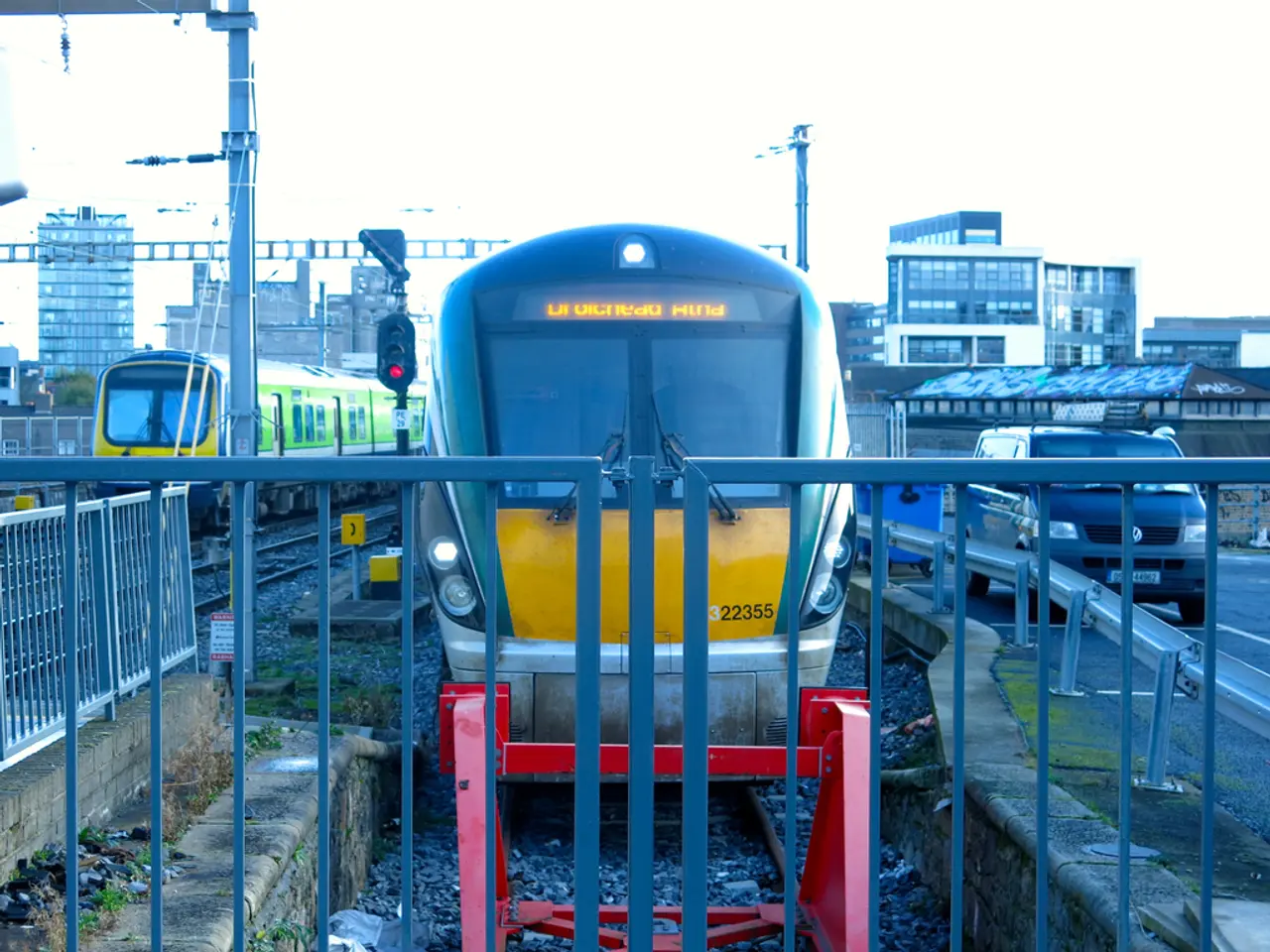A call from the Greens for an investigation into Chancellor Merkel's Russia strategies
Share Tweet Text Mail Print Copy Link
The Greens have pushed for the establishment of a parliamentary commission to delve into Angela Merkel's (CDU) involvement in deals with the Russian Gazprom corporation regarding Nord Stream 2. As Green Party co-chair Felix Banaszak stated to the Süddeutsche Zeitung on Monday, "Absent substantive parliamentary scrutiny, all unanswered questions from today will continue to linger."
According to Süddeutsche Zeitung's findings through their research, Merkel declined to intervene in the sale of German gas storage facilities to Gazprom in 2015, despite internal warnings about the risks and Russia's previous annexation of Crimea. This conclusion is supported by internal documents from the Chancellor's Office, which the newspaper had to legally challenge to obtain.
Greens leader Banaszak noted that the findings reveal two things. Firstly, political decisions with significant implications for the Federal Republic are often hidden within locked files. Secondly, those with power and their associates still seem reluctant or unable to provide transparency. Without proper resolution, this denies the parliament and the public an opportunity to learn from these errors for the future, Banaszak added.
His correspondence with the Chancellor's Office and the Federal Finance Ministry received "minimal, insufficient, and definitely incomplete" responses, as Banaszak described. Michael Kellner, previously Parliamentary State Secretary in the Federal Ministry of Economics and Energy, told the newspaper that the "flimsy edifice of the supposedly private economic project Nord Stream" has crumbled with the findings from the Süddeutsche Zeitung's document examination. Kellner went on to say that Merkel was aware of the risks and willfully ignored them, disregarding her oath to protect the nation from harm.
According to the documents from the Chancellor's Office, Merkel was informed, in writing, on September 2, 2015, that the planned gas pipeline Nord Stream 2 would involve an "asset swap." Gazprom would receive a stake in the German gas trade, and BASF subsidiary Wintershall would receive one in gas fields in West Siberia. The Chancellor's Office admitted that there was no legal basis for hindering the transaction, though they understood the risks internally: "By gaining control over essential gas storage facilities (filling, functionality), Gazprom will be directly responsible for the supply security of customers."
In light of this controversy, there remains doubt surrounding Merkel's role in the Nord Stream 2 pipeline project and her interactions with Gazprom. The Greens, along with other opposition parties, are demanding a parliamentary investigation to shed light on these concerns and bring clarity to the ongoing debate over Germany's energy security and foreign policy towards Russia.
Further Insights:
- Investigation Pressures: The calls for a parliamentary inquiry extend beyond the Greens and include other opposition parties seeking clarification on Merkel's actions and the Geopolitical risks she seems to have disregarded.
- Merkel's Approach to Energy Policy: Merkel historically saw Nord Stream 2 as an economic initiative beneficial for Germany and Europe, emphasizing its importance considering the post-Fukushima nuclear phase-out policy.
- EU Countries' Responses: Various EU countries, alarmed by the growing European dependence on Russian gas, have voiced their concerns and have attempted to limit their reliance on the Nord Stream 2 pipeline.
- Opposition to the Project: Critics argue that Merkel's backing of the Nord Stream 2 project disregards geopolitical risks, especially given Russia's aggression in Ukraine and its annexation of Crimea in 2014.
- International Perspective: The United States, concerned about the project, has imposed sanctions and applied pressure to thwart its progress, while allies like France have questioned its strategic value for European security.
- The Greens, along with other opposition parties, are calling for a parliamentary investigation into Angela Merkel's involvement in policies related to the Nord Stream 2 pipeline project, as they believe heractions and the associated geopolitical risks have not been adequately addressed.
- Various EU countries have expressed concerns about growing European dependence on Russian gas and have tried to limit their reliance on the Nord Stream 2 pipeline, amidst criticism that the project disregards geopolitical risks.
- Industry, finance, energy, policy-and-legislation, politics, and general news outlets continue to scrutinize Merkel's handling of Germany's energy policy, particularly her support for the Nord Stream 2 project, in light of Russia's past aggressions, such as the annexation of Crimea.
